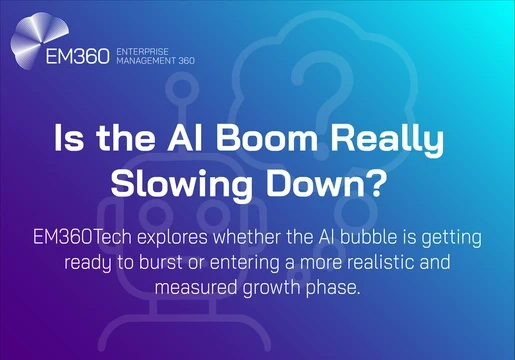Artificial intelligence (AI) projects will reportedly double in the next year, but many customers are dubious about the technology. It is thus more important than ever that enterprises start building consumer trust in AI and ML technologies.

Building consumer trust is vital
It is now several decades since AI entered the public consciousness, but it is becoming more ubiquitous everyday. In the enterprise, many companies are now beginning to expose their consumers to AI via service bots, virtual assistants, and recommendation engines. In order to gauge how customers perceive this influx of AI, Pegasystems conducted a global survey of 6,000 adults. More specifically, the report aimed to decode exactly what customers think of AI used in the customer experience. Overall, the data indicates that AI has rendered many consumers torn and confused. In fact, over a third said that they were comfortable with businesses using AI, while just under a third were uncomfortable. Moreover, the final third of respondents said that they did not know whether they were comfortable or not yet. With so much confusion surrounding AI, it is vital that companies make a conscious effort to build consumer trust.
Enhancing customer engagement with AI
In the realm of customer engagement, AI promises to improve experiences by anticipating customer needs. Businesses also expect the technology to optimise their workflow in order to provide faster and more effective outcomes for their consumers. Recent advances in data processing speeds, Big Data volume, ML, and algorithms means that enterprises can easily access AI at a lower cost. However, it is important that organisations approach AI projects with a strategic vision. In effect, businesses need a method of unifying AI across all of the customer experience touchpoints. According to the survey, an always-on central ‘brain’ can provide insights across an organisation’s different lines of business, channels, systems, and data. In turn, customers receive consistent treatment – and the best treatment – no matter how they interact with an enterprise. Nevertheless, being "human first" is also critical when incorporating AI into the customer experience. Above all, businesses should engage consumers with insights that are conversational, contextual, and adjust and respond to situations in real-time. In order to provide the next-best actions, AI can even intelligently guide human employees. Businesses can also empower customers who want to deal with their own affairs by offering intelligence AI guidance. Only when companies incorporate these elements into an AI strategy can they begin to start building long-term consumer trust.
What ethical concerns do we have to consider when implementing AI? Listen to our podcast with Kasia Borowska, Managing Director at Brainpool AI, for her invaluable insights







Comments ( 0 )